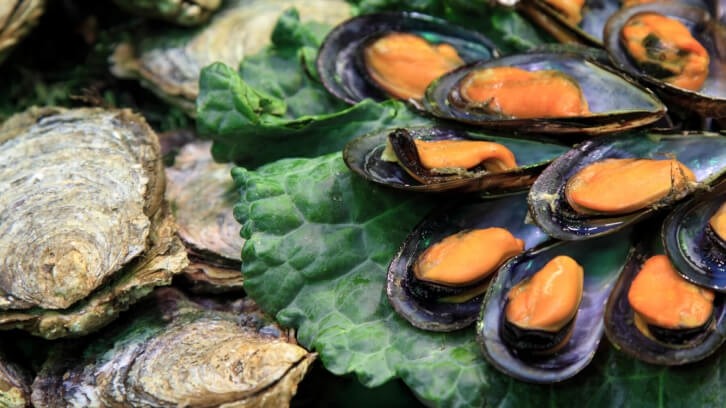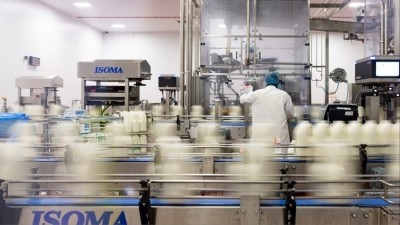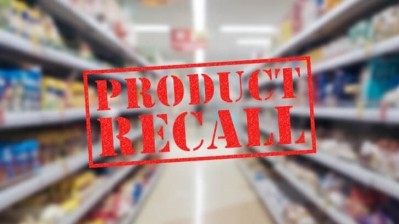News
Fibreglass found in oysters and mussels

The study, a joint effort from the Universities of Brighton and Portsmouth, revealed that fibreglass or glass reinforced plastic (GRP), which is used in boat manufacturing, has been breaking down and contaminating coastal waters.
The GRP particles have been detected in the soft tissues of oysters and mussels collected near an active boatyard in Chichester Harbour – a popular sailing destination in South England.
Using micro Raman spectroscopy, the researchers found up to 11,220 fibreglass particles per kilogram in oysters and 2,740 particles per kilogram in mussels.
The material has been used widely in boat manufacturing since the 60s and had previously been considered durable and harmless, but the researchers say these findings raise both urgent environmental and health concerns.
While durable, the material is difficult to dispose of and often ends up being abandoned or improperly discarded. The tint particles then make their way into the water, this is particularly rife during the peak boat maintenance (usually winter) seasons.
These particles accumulate in bivalves such as oysters and mussels, which are crucial to marine ecosystems due to their filter-feeding habits. The ingestion of GRP can then interfere with their digestive systems, leading to physiological stress and even death. This not only affects marine life but could also have significant implications for human health, given that these bivalves often end up on consumer plates.
Dr Corina Ciocan, Principal Lecturer in Marine Biology from the University of Brighton, described the findings as “disturbing”.
She added: “This study is the first of its kind to document such extensive contamination in natural bivalve populations. It’s a stark reminder of the hidden dangers in our environment.”
Professor Fay Couceiro from the University of Portsmouth added that this us a global issue but island nations with limited landfill space are especially vulnerable.
“Efforts are being made to find viable disposal solutions, but more needs to be done to prevent at-sea dumping and onshore burning. We’re just starting to understand the extent of fibreglass contamination,” said Couceiro. “Our study is the first to show this level of contamination in natural bivalve populations.”
Although the consequences of these findings are not yet fully understood, the researchers believe the potential for widespread ecological impact is significant.
“We must improve public access to slipways and commercial boat maintenance facilities. Creating a better ethos around end-of-life boat management is crucial to minimise further exposure and spread of these contaminants,” continued Dr Ciocan.
For now, the discovery serves as a wake-up call to the boating community and environmental regulators.
In related news, read Food Manufacture's latest UK recall round-up here.
















